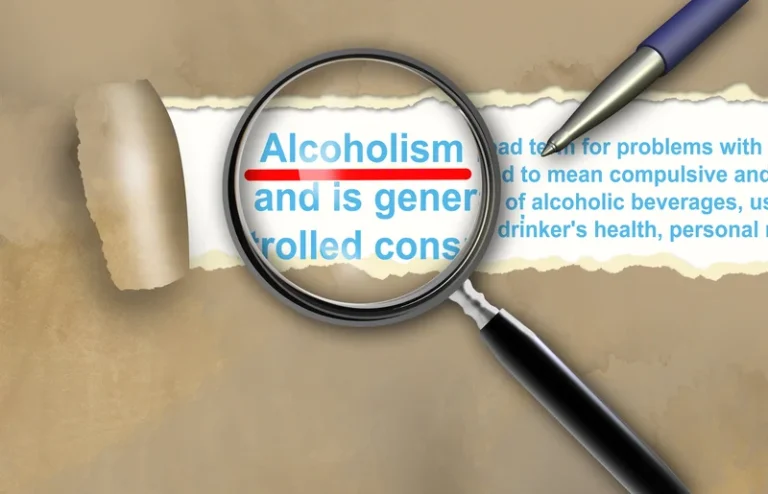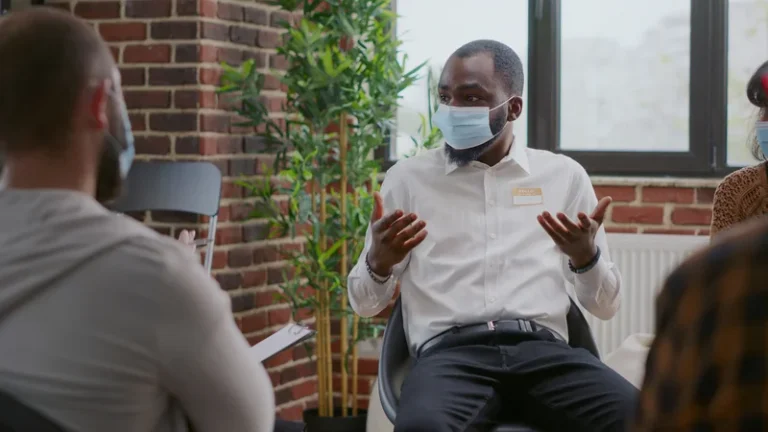Alcohol and Insomnia: How Alcohol Affects Sleep

Research indicates that it may take as long as one to two years for sleep to return to normal in abstinent alcoholics and that for some it may never return to normal. Although experts can’t be certain that alcohol directly causes insomnia, numerous studies have found a link between this sleep disorder and alcohol consumption. People with insomnia often wake up tired and struggle with poor memory or concentration. For people who snore or who have sleep apnea—a disorder that causes repeated pauses in breathing during sleep—drinking alcohol tends to aggravate symptoms. How much alcohol you drink and when you drink it can both influence sleep. Avidan does alcohol help you sleep says he’s recommended patients try drinking tart cherry juice for sleep.
- However, it is also important to note that many people experiencing insomnia during withdrawal and recovery also had insomnia before they became dependent on alcohol.
- Not only can caffeine make you too alert to fall asleep, but it also narrows your blood vessels which could make your uterus contract more.
- If you’re regularly drinking alcohol to help you fall asleep, particularly if you have insomnia, it’ll probably make your sleep problem worse.
- Too many pints — or that extra glass of wine — can be the trigger for waking up bathed in sweat with your pillow soaking wet.
- These cessations force the body to partially rouse itself over and over again in order to restore proper breathing, preventing sufferers from getting the deep, restful sleep they need.
How Long to Wait Between Drinking Alcohol and Bedtime
He cares for patients through his private practice in Houston, where he provides evaluations, medication management, and therapy for psychiatric and sleep medicine conditions. Here’s a list of the best and worst beverages for your sleep — and the ones the sleep medicine jury is still out on. If you’re seeking help for yourself or a loved one, our expert team is here to guide you every step of the way. Peters is a board-certified neurologist and sleep medicine specialist and is a fellow of the American Academy of Sleep Medicine. CBTi, as offered by Sleepstation, could help if you’re experiencing alcohol-induced insomnia. These impairments could mean the danger signs related to substance use — and excess alcohol consumption — are missed.
Alcohol and Sleep Apnea

In general, try to avoid drinking alcohol four hours before you plan on going to sleep. And though it may help in the short term, drinking alcohol before bed can actually lead to a night of horrible, restless sleep. Since alcohol affects everyone differently, it’s important to understand where your limit lies and how much alcohol you can drink before it starts to affect your sleep. If you’re looking for ways to improve your sleep, an easy place to start is by adopting healthy sleep hygiene habits such as keeping a consistent sleep schedule and creating a calming bedroom environment.

The Worst Beverages to Drink Before Bed

Drinking too much is likely to have the opposite effect and leave you feeling groggy and possibly hungover the next day. If you pass the moderate threshold, though, you’ll get a lot more of that initial non-REM sleep, but significantly reduce the total percentage of REM sleep over the whole night. Alcohol before bed has been shown to lead to fragmented sleep and frequent waking.

Why Do Alcoholics Often Experience Insomnia?
- The more alcohol you drink, the greater the negative effects on your sleep.
- Alcohol appears to consistently delay the first REM sleep episode, and higher doses of alcohol appear to reduce the total amount of REM sleep.
- Black and green teas both contain caffeine and are diuretics, so they don’t make the best bedtime beverages for the same reasons as coffee, says Avidan.
- If you have a restless night after a drink or two, you might reach for an extra cup of coffee the next day to combat daytime sleepiness.
- If you decide to re-introduce drinking after this period, keep in mind that all habits grow.
- There’s a chance you’ll physically act out your dreams in your sleep, or even sleepwalk.
A meta-analysis of these studies found that OSA was around 25% more common in heavier drinkers compared to non-drinkers or lighter drinkers. While this demonstrates a correlation, it does not necessarily prove that alcohol itself causes OSA. Research suggests that, as a depressant, alcohol does help you fall asleep faster, but those effects quickly wear away after just a few hours as your body tries to eliminate the alcohol from your system. Unsurprisingly, studies of people with insomnia have also found that heavy alcohol use exacerbates insomnia. People who wake up feeling unrefreshed may be more likely to rely on alcohol again to help them sleep the next night, leading to a counterproductive pattern of alcohol use. Alcohol increases levels of adenosine, a key component of the homeostatic drive.
- There’s not good scientific evidence, however, to show it markedly improves sleep.
- This pattern of drinking is linked to insomnia, which can develop after binging.One studyon binge drinking and insomnia found that people who binged two days a week had an 84% higher chance of having insomnia.
- You probably enjoy the occasional glass of wine with dinner or cocktail with friends, but did you know that even light alcohol consumption can negatively impact your sleep?
We use your questions to help us decide topics for articles, videos, and newsletters. Please note, we cannot provide specific medical advice, and always recommend you contact your doctor for any medical matters. Adrienne Santos-Longhurst is a Canada-based freelance writer and author who has written extensively on https://ecosoberhouse.com/ all things health and lifestyle for more than a decade.
- If you’re planning on heading out for a night that will involve some drinks, there are some things you can do to help you sleep afterward.
- The art of prepping yourself for a great night’s sleep is a tricky one to master.
- For this reason, a person may need to drink increasing amounts to fall asleep, increasing the risk of alcohol abuse and addiction.
- Simply cutting back or giving up alcohol or other drugs can be enough to reverse the negative impacts on your sleep (and can greatly improve your health overall).
- In addition to the homeostatic drive, the normal sleep-wake cycle is also linked to an underlying circadian rhythm.
- OSA is much more common than CSA and involves the airway being blocked by tissues in the mouth and throat.

